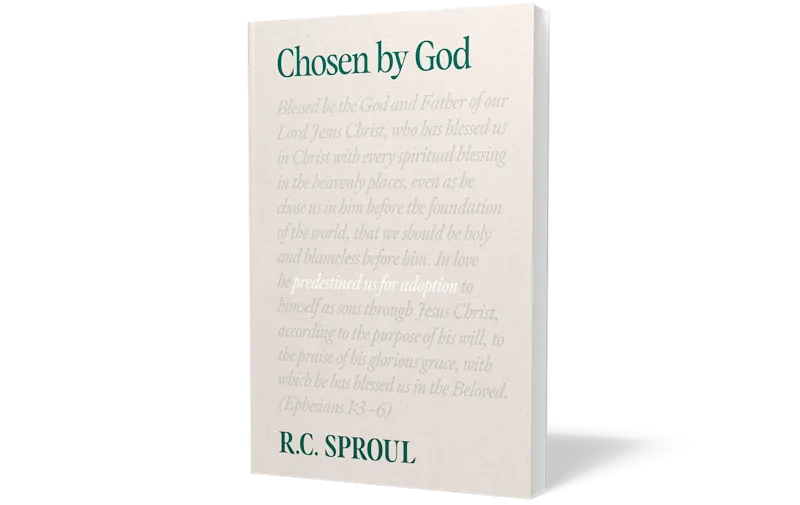In this excerpt from his teaching series What Is Reformed Theology?, R.C. Sproul explains that Reformed theology is committed to maintain the purity of the doctrine of God.
Transcript
I've never met a Christian in my life who looked me in the eye and said I don't believe that God is sovereign. Christians characteristically are quite willing to affirm the sovereignty of God. But if we push the discussion to the relationship of God's sovereignty, for example, to the doctrine of election, to the doctrines of grace, in a very short period of time there will be a very serious controversy about the nature of God. Does God ordain everything that comes to pass? Does He know everything that comes to pass before it happens? Again, if we just backed up and said, "Do you believe that God is omniscient?," most Christians will say yes. But then when we explore what it means that God knows everything, are we saying the same thing?
Are we saying that He knows it simply because He has some genius perception, or do we say that He knows all things because He ordains all things. That is, what is the relationship of His sovereignty to His knowledge? In Reformed theology we constantly test our doctrine by going back to our fundamental understanding of the character of God. And I really think that's the central unique factor of Reformed theology; it is that it is relentlessly committed to maintain the purity of the doctrine of God through every other element of our theology.
For a limited time, save 50% off retail when you buy R.C. Sproul's newly designed edition of What Is Reformed Theology from the Ligonier store.

